U.K. science fair connects students to a nuclear future
About 150 students attended the first ever Nuclear Connection Science Fair last week, held in Oxford, U.K., and hosted by Nuclear Waste Services (NWS) and Women in Nuclear (WiN UK).

About 150 students attended the first ever Nuclear Connection Science Fair last week, held in Oxford, U.K., and hosted by Nuclear Waste Services (NWS) and Women in Nuclear (WiN UK).

Eight new hires from Savannah River Mission Completion (SRMC) are taking part in the new Liquid Waste Nuclear Operator apprenticeship class at Denmark Technical College in Denmark, S.C. The goal of the class is to prepare SRMC’s new employees for positions at the Department of Energy’s Savannah River Site, in South Carolina.
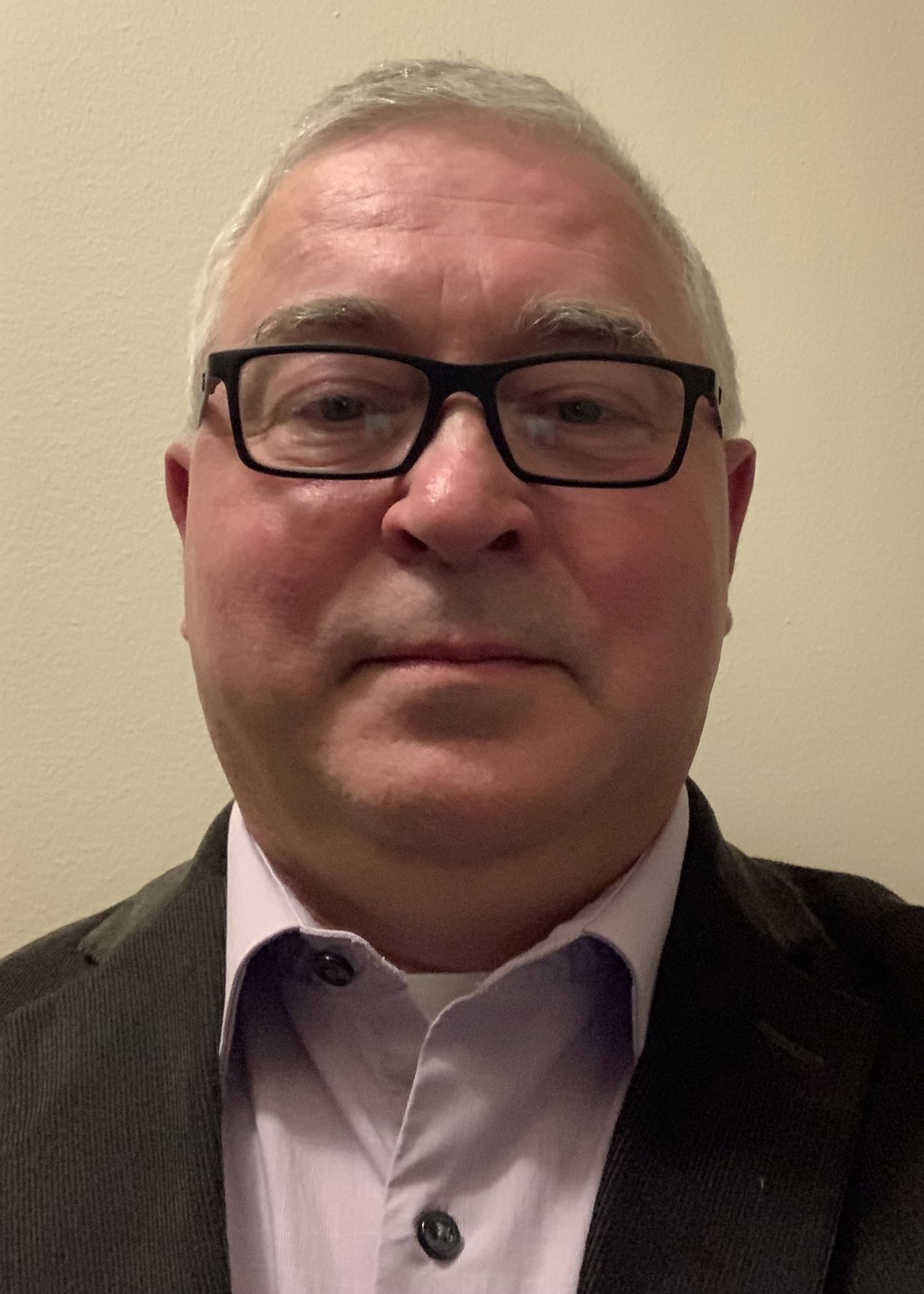
Doug Barber
Xcel Energy was the first utility to commit to carbon-free operations by 2050, with an 80 percent reduction by 2030. To achieve this important goal, we recognized that we would have to think and act in innovative ways. This mindset is highlighted in our approach to plant maintenance. In 2019, Xcel created a unique unified learning organization. This approach has leveraged nuclear and nonnuclear expertise and training resources to improve craft skills, address long-term equipment reliability vulnerabilities, implement strategic initiatives, and improve sharing of resources—all of which has improved plant performance.
Xcel Energy’s unique approach has been proven successful in back-to-back Institute of Nuclear Power Operations Maintenance and Technical Training renewals at each of its plants with strengths directly attributed to our unified enterprise and nuclear learning approach, which ensures a focus on nuclear excellence, technician effectiveness, and business efficiency.

The Department of Energy’s Oak Ridge Office of Environmental Management cleanup contractor UCOR has increased its ability to recruit employees through a recent partnership with Tennessee’s Roane State Community College.

So far this year, Savannah River Nuclear Solutions Supply Chain Management (SCM) apprenticeship program has transitioned 12 new graduates to its team. According to SRNS, the apprentices and interns were attracted to the training program through new recruiting connections that SRNS has established with universities and colleges in the Aiken, S.C., area. The SCM program, which is designed to transition participants into full-time positions at the Savannah River Site, has recently increased internal incentives.
Through its Minority Serving Institution Partnership Program (MSIPP) and Tribal Education Partnership Program (TEPP), the Department of Energy’s National Nuclear Security Administration has awarded five grants totaling $2.5 million to minority-serving institutions (MSIs) and tribal colleges and universities (TCUs).
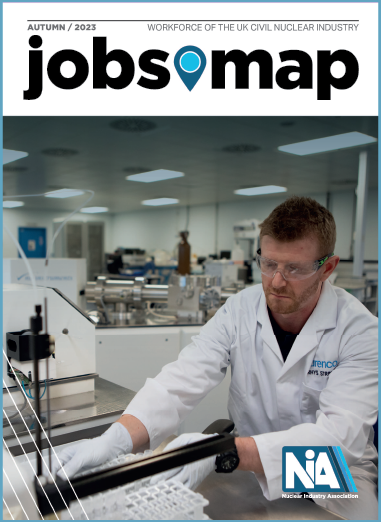 The present size of the civil nuclear workforce in the United Kingdom is the largest it has been in the past 20 years. So reports the Nuclear Industry Association (NIA), the main trade association for the U.K. civil nuclear industry, in its recently released Jobs Map 2023. The London-based organization has released this report annually for more than a decade with the objective of giving the government the most up-to-date, accurate statistics on which to base economic and energy decisions. The NIA reports that the latest job growth has been fueled partly by projects on advanced and emerging nuclear technologies.
The present size of the civil nuclear workforce in the United Kingdom is the largest it has been in the past 20 years. So reports the Nuclear Industry Association (NIA), the main trade association for the U.K. civil nuclear industry, in its recently released Jobs Map 2023. The London-based organization has released this report annually for more than a decade with the objective of giving the government the most up-to-date, accurate statistics on which to base economic and energy decisions. The NIA reports that the latest job growth has been fueled partly by projects on advanced and emerging nuclear technologies.
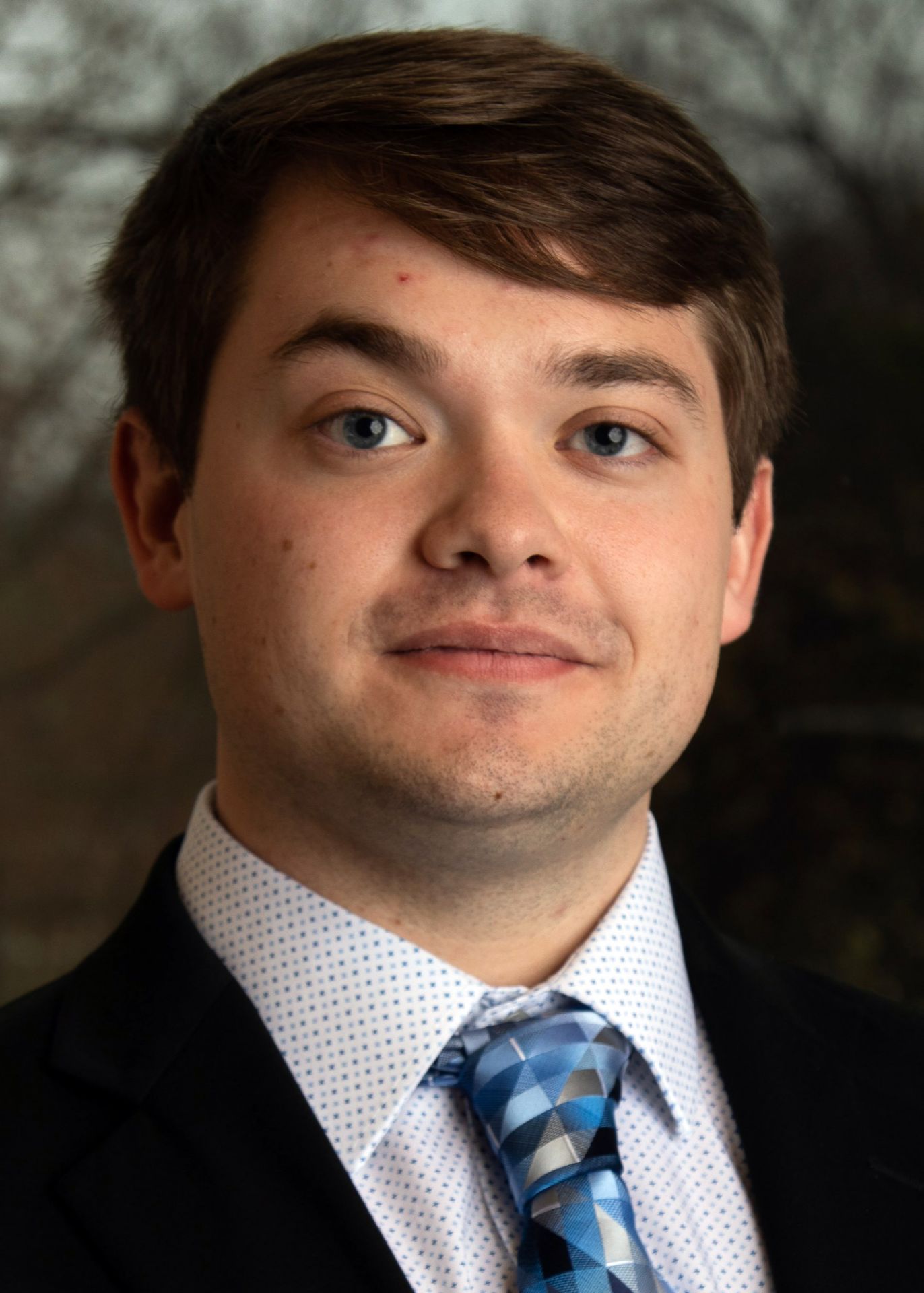
John Mobley IV
With the release of the U.S. Department of Energy’s Pathways to Commercial Liftoff: Advanced Nuclear report this past March, there have been considerable discussions as to the multifaceted roles and responsibilities of universities in this epoch of renewed interest in nuclear energy. In particular, the imperative of securing an estimated 375,000 additional individuals for the construction and operation of 200 gigawatts of advanced nuclear reactors by 2050 is a significant endeavor that is front of mind for educational practitioners and policymakers. An understanding that the challenges in meeting the projected workforce needs of the nuclear community rely on dynamic, responsive, and innovative solutions thus is contingent on enhanced recruitment, retention, and development. To this point, a threefold approach of (1) IDEA (inclusion, diversity, equity, accessibility) initiatives, (2) AGI (academia-government-industry) partnerships, and (3) gap analysis offers a promising avenue for addressing these issues.
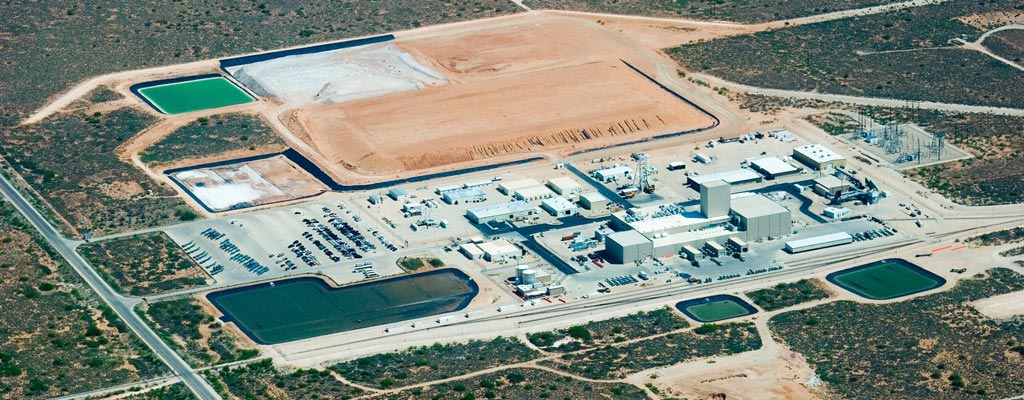
The Department of Energy today announced a noncompetitive financial assistance cooperative agreement with Southeast New Mexico College, located in Carlsbad, N.M., for educational programs to enhance the knowledge, skills, and abilities of current Waste Isolation Pilot Plant employees while also building and training WIPP’s next-generation workforce.
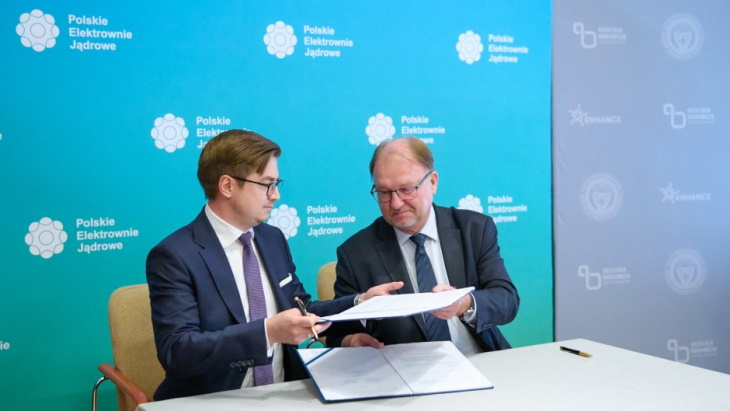
Łukasz Młynarkiewicz (left), acting president of PEJ, and Krzysztof Zaremba, rector of the Warsaw University of Technology, signed an agreement on August 7 regarding the training of personnel for Poland’s nuclear energy program. (Photo: Warsaw University of Technology)
Polskie Elektrownie Jądrowe (PEJ), the state-owned firm set up to lead Poland’s efforts to establish a civil nuclear power program, signed an agreement yesterday with the Warsaw University of Technology to cooperate on the training of personnel for the nuclear sector.
The agreement provides for “substantive and research cooperation” as well as “cooperation in the development and implementation of scholarship programs [and] co-organization of competitions for scientific works or design competitions,” PEJ said in a news release. PEJ and the university will also work together on a curriculum to enable graduates to gain the knowledge and skills necessary to find employment in the nuclear energy field, the company added.
According to Poland’s Ministry of Climate and Environment, there are already some 80 companies operating in the Central European nation that provide services to nuclear technology vendors worldwide, with another 300 ready to join the nuclear supply chain.

Three college interns from the Savannah River Site were the keynote speakers at a recent Up & Atom Breakfast hosted by Citizens for Nuclear Technology Awareness (CNTA). The breakfast was held at Newberry Hall in Aiken, S.C.

Dozens of students from the Savannah River Nuclear Solutions (SRNS) Internship Program were recently offered a chance at full-service positions during what SRNS called a signing day event held at the Department of Energy’s Savannah River Site, near Aiken, S.C.
The Department of Energy’s National Nuclear Security Administration (NNSA) announced on July 20 that it has awarded two organizations—Hardinge Inc. and the Association of Journeyman and Apprentices of the Plumbing and Pipefitting Local 412—five-year grants totaling $2.17 million. The funds will be used to develop and strengthen apprenticeship training programs aligned with the NNSA’s needs for technician positions throughout its laboratories, plants, and sites.

A three-day Minority Serving Institutions Partnership Program (MSIPP) event, led by Savannah River National Laboratory researcher Simona Hunyadi Murph, was held recently at the South Carolina site, according to a release by the Department of Energy’s Office of Environmental Management (DOE-EM). The event included a collaborative workshop, job shadowing, and a tour of the laboratory and Savannah River Site field activities.
Human factors engineering and risk analysis are part of every instrumentation and control upgrade and new reactor plan—from design and licensing to implementation and operation—and applications continue to evolve.

Deploying new reactors on the scale required to meet U.S. and international zero-carbon goals by 2050 will require rapid growth in the nuclear workforce, as American Nuclear Society executive director/chief executive officer Craig Piercy emphasized during his opening plenary address at the ANS Annual Meeting on June 12. Piercy pointed to the Department of Energy’s Pathways to Commercial Liftoff: Advanced Nuclear, which estimates that an additional 375,000 people will be required to construct and operate 200 GW of advanced nuclear reactors by 2050—a dramatic increase from about 100,000 today. Where will those engineers, constructors, and operators be found? The 38 nations of the Organisation for Economic Co-operation and Development agreed last week to a new recommendation from the OECD’s Nuclear Energy Agency (NEA) that points to one way to increase the nuclear workforce: increase the number of women participating in the workforce.
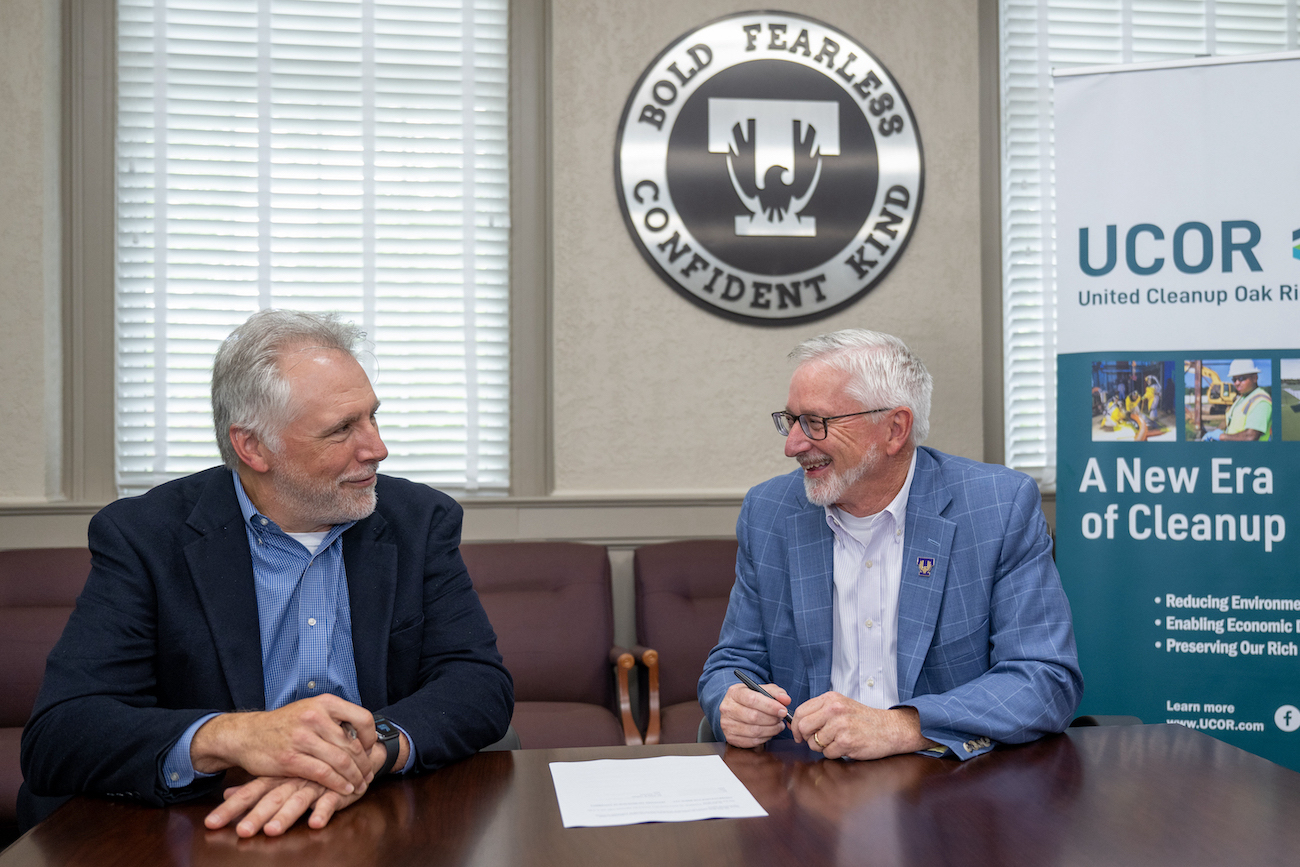
United Cleanup Oak Ridge (UCOR), the Department of Energy’s lead environmental cleanup contractor at the Oak Ridge Reservation in Tennessee, has formed a new partnership with Tennessee Tech University focused on building a pipeline of highly skilled workers for cleanup work at the site. Working with UCOR, the university’s College of Engineering is to launch a new nuclear engineering degree program beginning in fall 2024.
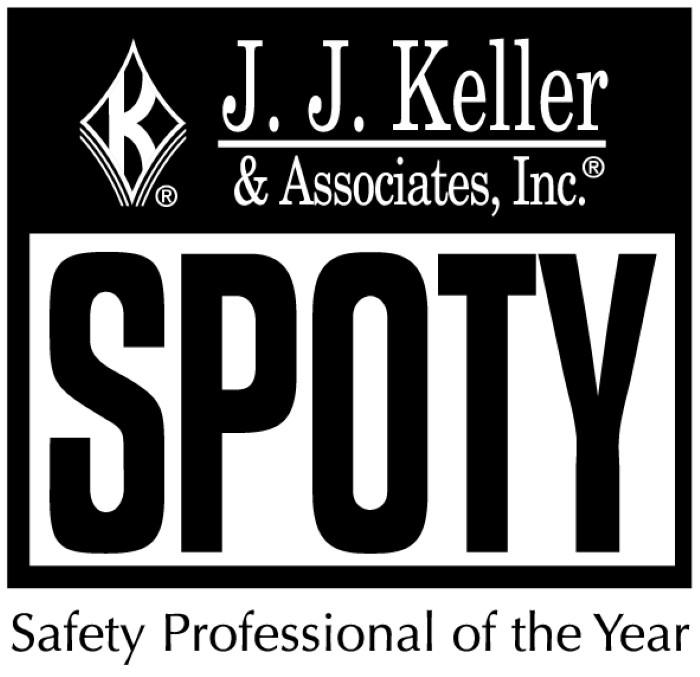 For two decades, J. J. Keller & Associates has been honoring safety professionals in North America. Once again, the Wisconsin-based regulatory, safety, and compliance solutions company is accepting applications and nominations for its annual Safety Professional of the Year (SPOTY) Awards. These awards recognize environmental health and safety professionals who “go above and beyond their daily duties to build a culture and vision for safety and achieve excellence in safety for their companies,” according to the company.
For two decades, J. J. Keller & Associates has been honoring safety professionals in North America. Once again, the Wisconsin-based regulatory, safety, and compliance solutions company is accepting applications and nominations for its annual Safety Professional of the Year (SPOTY) Awards. These awards recognize environmental health and safety professionals who “go above and beyond their daily duties to build a culture and vision for safety and achieve excellence in safety for their companies,” according to the company.
Applications and nominations can be submitted through July 31 at 5:00 p.m. (CST). Safety professionals who are legal residents of the United States or Canada may apply for themselves, or they may be nominated by other individuals. All official rules for participation are available on the J. J. Keller website.

NuScale Power has signed an agreement with training and consulting firm Accelerant Solutions for the development and implementation of a reactor operator training program, the Portland, Ore.–based small modular reactor developer announced on June 7.
The Department of Energy’s Office of Environmental Management has launched the EM Career Acquisition Program (ECAP) to build a pipeline of trained, experienced acquisition professionals to oversee the procurement and management of cleanup contracts.